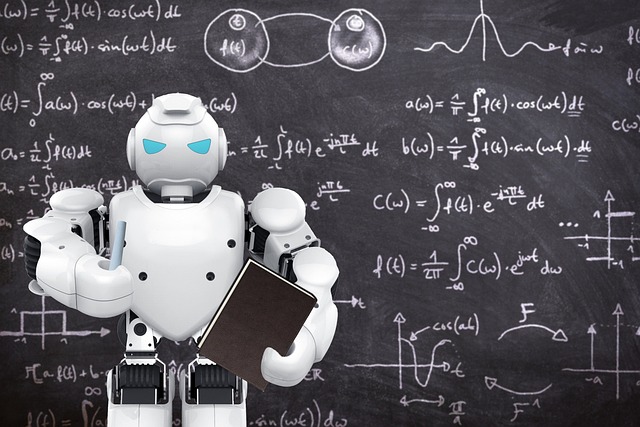
In response to the rapidly evolving global and domestic robotics industry landscape, the Daejeon Metropolitan City Government has formulated a comprehensive "Robotics Industry Promotion Plan," signaling a determined move to establish itself as a leading next-generation robotics innovation hub.
The global robotics market is experiencing substantial growth, projected to reach approximately ₩83.278 trillion (South Korean Won) by 2030. Domestically, the South Korean robotics industry has also shown resilience, with sales revenue reaching ₩5.9805 trillion in 2023, marking a 1.5% increase from the previous year.
Capitalizing on its status as South Korea's science and technology capital, boasting world-class research and development infrastructure and a robust industrial ecosystem, Daejeon envisions becoming a central pillar of the robotics industry.
The newly unveiled comprehensive plan outlines a vision for establishing Daejeon as a next-generation Robotics Research, Development, and Business (R&DB) center, encompassing advanced robotics technology R&D, verification, and commercialization. To realize this ambitious goal, the city has identified four key strategies and 16 core tasks:
Four Strategic Pillars:
Cultivating a Differentiated Cluster: This strategy focuses on establishing unique infrastructure, including a "Next-Generation Robot Advanced Research and Verification Center" and a "Robot-Drone Convergence Support Center."
Accelerating Technological Development: Initiatives under this pillar aim to expedite innovation through the development of foundational models for Manufacturing AI and autonomous robots, alongside establishing a robust support system for the localization and performance enhancement of robot components and systems.
Fostering a Synergistic Ecosystem: This involves building a collaborative R&BD hub connecting industry, academia, research institutions, government, and the military, as well as supporting robot startup incubators, corporate growth platforms, and operating a "Robot Business Club."
Expanding Commercialization and Industrialization: This strategy focuses on the continuous promotion of initiatives such as the "Robot Deep-Tech Valley," the establishment of a central regional robotics cluster, support for AI robot-based public service innovation projects, and the facilitation of robot convergence businesses.
The Daejeon Metropolitan City Government plans to invest a total of ₩128.5 billion over the next five years, commencing this year. This financial commitment will be strategically aligned with national government projects and public contests to maximize impact, including the establishment of the pivotal Robot-Drone Support Center.
The anticipated outcomes of this comprehensive plan include the listing of 10 promising robotics companies on the stock market, the creation and attraction of 50 new robotics ventures, and the generation of 1,000 high-quality jobs within the sector.
Daejeon Mayor Lee Jang-woo emphasized the city's ambition, stating, "Our goal is to elevate Daejeon into a next-generation robotics innovation hub where technology, industry, and talent converge, ultimately enhancing the quality of life for our citizens. We will work closely with related companies and research institutions, strengthening policy support to ensure these efforts translate into tangible results."
This strategic initiative underscores Daejeon's commitment to fostering technological advancement and economic growth within the burgeoning robotics sector, positioning the city as a significant player in the future of automation and intelligent systems.
[Copyright (c) Global Economic Times. All Rights Reserved.]






























